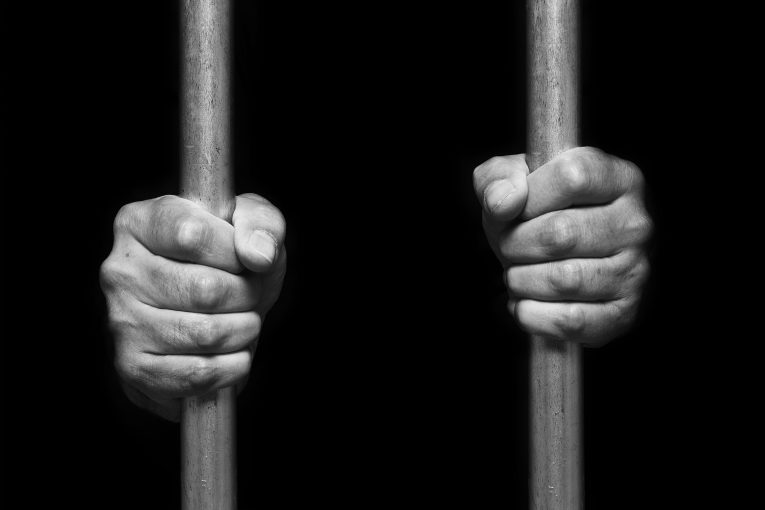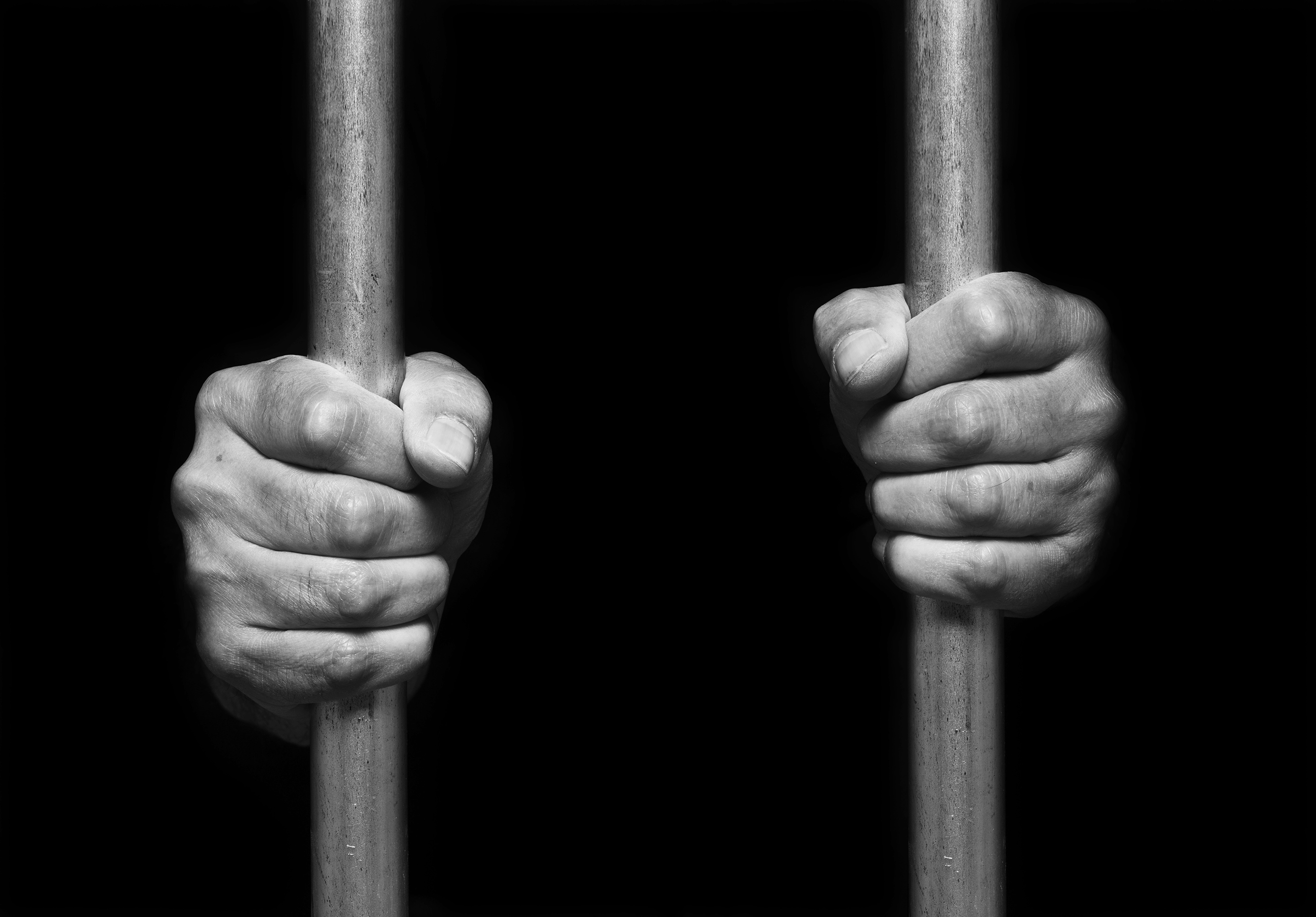
 By Kevin Sawyer and Charles Crow – San Quentin News
By Kevin Sawyer and Charles Crow – San Quentin News
Usually referred to as “LWOP,” life without parole sentences are becoming increasingly common. Ironically, people facing life without the possibility of parole are entitled to only a fraction of the legal resources of those eligible for a sentence of death.
When prosecutors opt for charges with a capital sentence, the defendant is guaranteed a pair of lawyers whose expertise in capital cases had been vetted by a court-appointed committee. The court pays for an investigator and a mental health expert. Under national guidelines, the defense  attorneys have a special obligation to aggressively assert every possible defense argument.
attorneys have a special obligation to aggressively assert every possible defense argument.
Trials cost thousands of dollars less when seeking an LWOP sentence than a death sentence. They are shorter, involve fewer lawyers, allow limited appeals, and often result in plea deals. Death penalty cases were down to 18 last year as prosecutors went after LWOP sentences instead. Jurors seem to be less squeamish about locking people up for the rest of their lives than having them killed outright. Nationally, the total number of people on death rows is about 2,500. Approximately 560,000 people are serving an LWOP sentence, up 66 percent from 2003.
Half the people serving an LWOP sentence are in just five states: California, Florida, Louisiana, Michigan, and Pennsylvania. Alaska is the only state without such a sentence. The sentence is shunned by other industrialized nations; the European Court of Human Rights has substantially eliminated the sentence in its member nations.
In America, people of color make up two-thirds of those sentenced to life without parole. One-fifth of Black prisoners are condemned to spend the rest of their lives in prison without a chance of parole. Across the nation, there are increasing calls to limit sentences to a maximum of 20 years. The creation of anything approaching a “more fair and just system” depends on ending all such extreme sentences.
